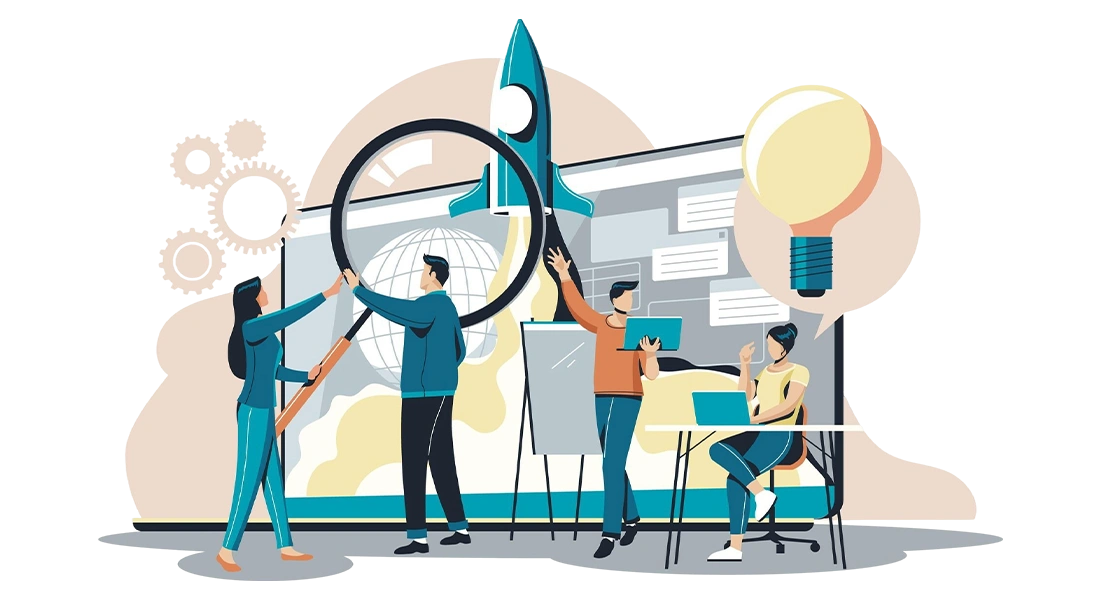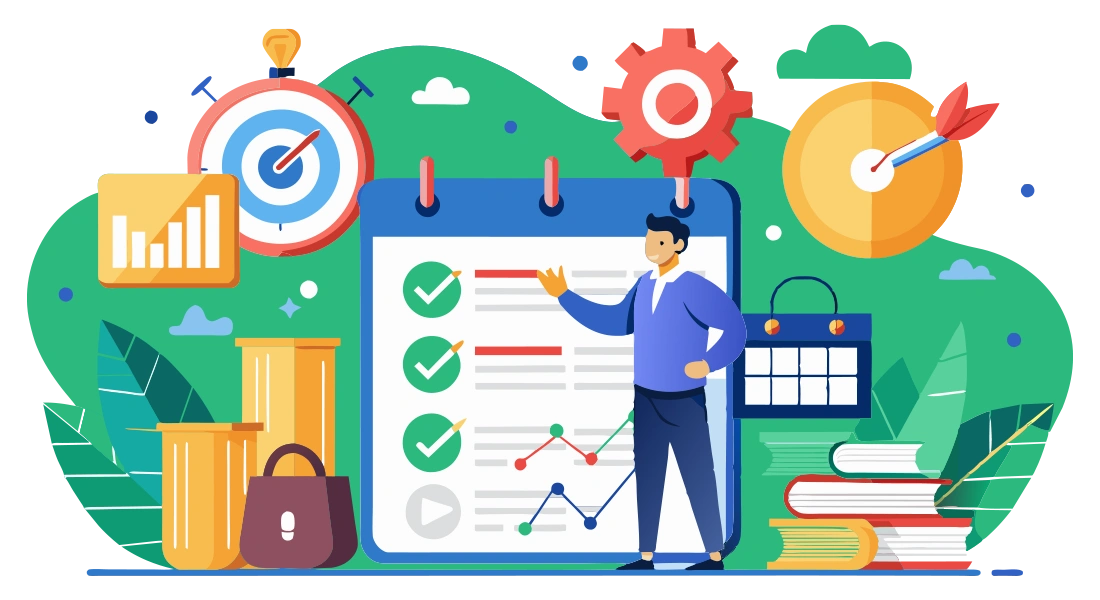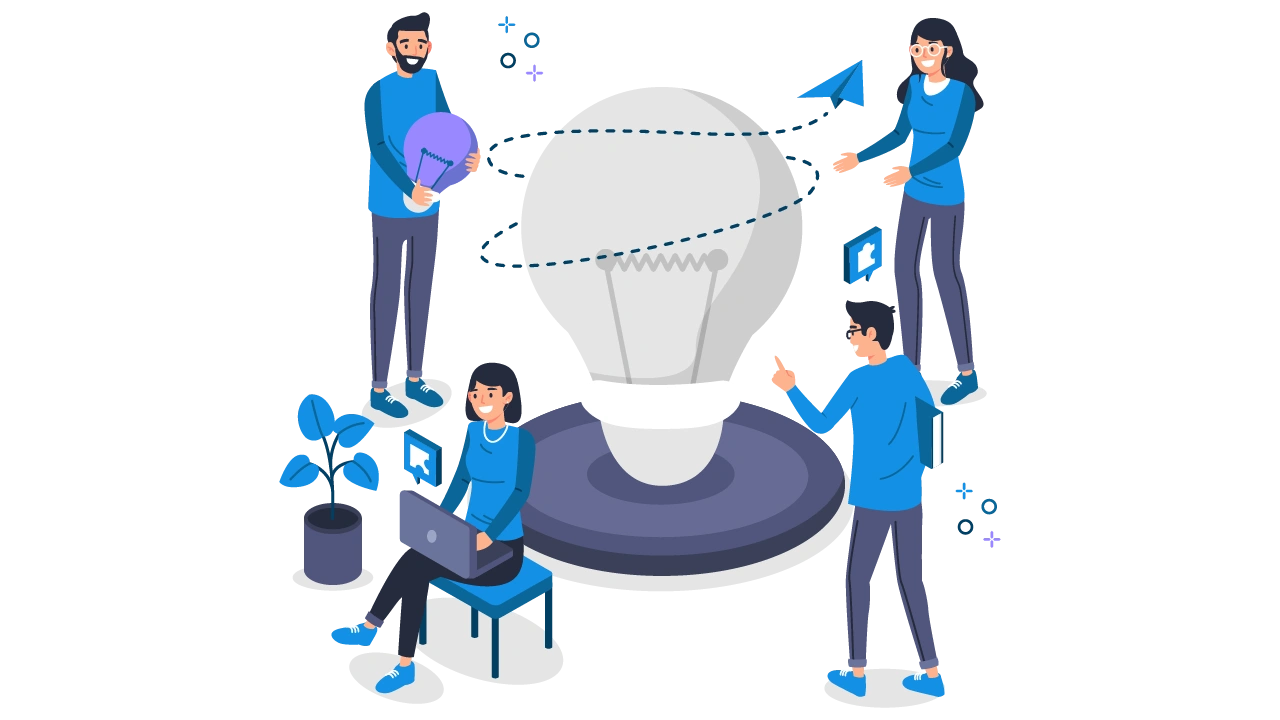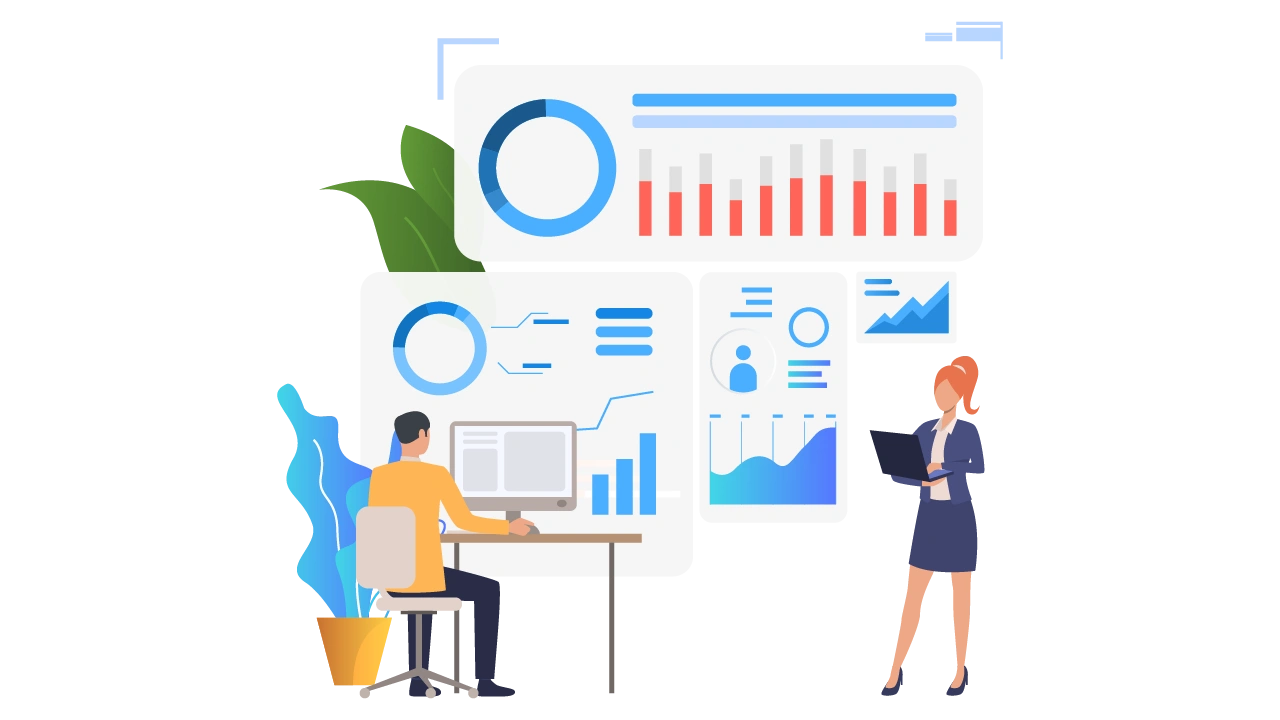In the old world of work, disengagement had a physical form. As a manager, you could see it. It looked like the slumped shoulders in the Monday morning meeting. It was the long lunch break that stretched into two hours.



In the old world of work, disengagement had a physical form. As a manager, you could see it. It looked like the slumped shoulders in the Monday morning meeting. It was the long lunch break that stretched into two hours.

In every organization, there is a choke point. Strategy comes down from the C-suite- clean, ambitious, and optimistic. Reality bubbles up from the frontline—messy, urgent, and complex. They meet in the middle. They meet at the manager.

There is a fundamental misunderstanding in the modern workplace about what growth actually means.As managers, we often confuse training with development. We send our team members to webinars. We buy them subscriptions to LinkedIn Learning or Coursera.

In the evolving landscape of the modern workforce, a quiet revolution is taking place. Careers are no longer built solely in boardrooms or defined by linear ladders; they are being shaped across dining tables, co-working spaces, and digital platforms.

There is a specific, sinking feeling that every modern employee knows. It happens when you are sitting in a mandatory Wellness Wednesday webinar, listening to a speaker talk about mindfulness, while your Slack notifications are piling up with urgent requests from a team that is understaffed and overworked.

If there is one thing the modern business world craves, it is consistency. We love it. We build dashboards to track it. We write playbooks to enforce it. In the boardroom, a standardized global engagement strategy looks beautiful.

In the current global economic climate, organisations are caught in a paradox. On one hand, there is immense pressure to optimize costs—recent data indicates that approximately 21% of organisations have already moved to decrease their overall HR budgets.

Each year, millions of students graduate from colleges around the world, full of hope, ambition, and dreams. Yet a significant number of them — often despite bright academic records — struggle to land their first job, or once employed, take time to adjust, underperform, or lose direction. Why does this happen?

In the fast-changing world of work, organizations are increasingly dependent on data to understand their workforce. Dashboards have become common. Reports are created faster than ever.